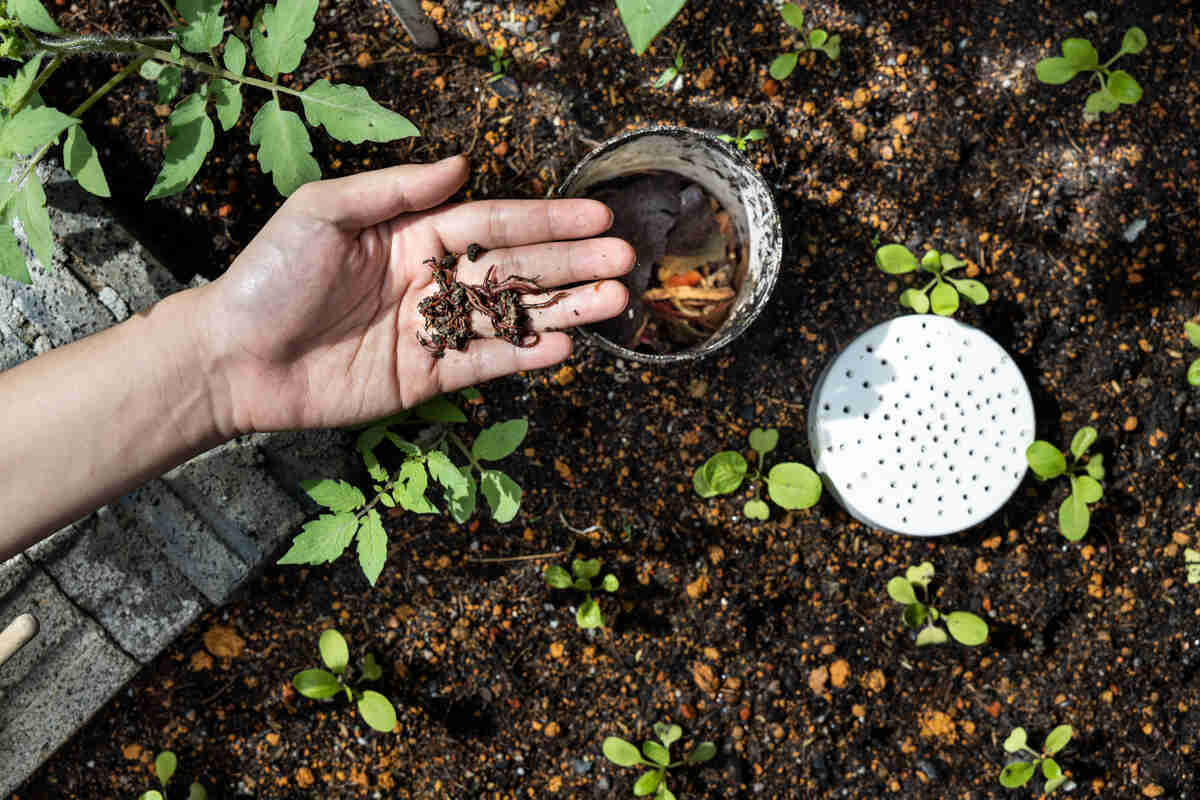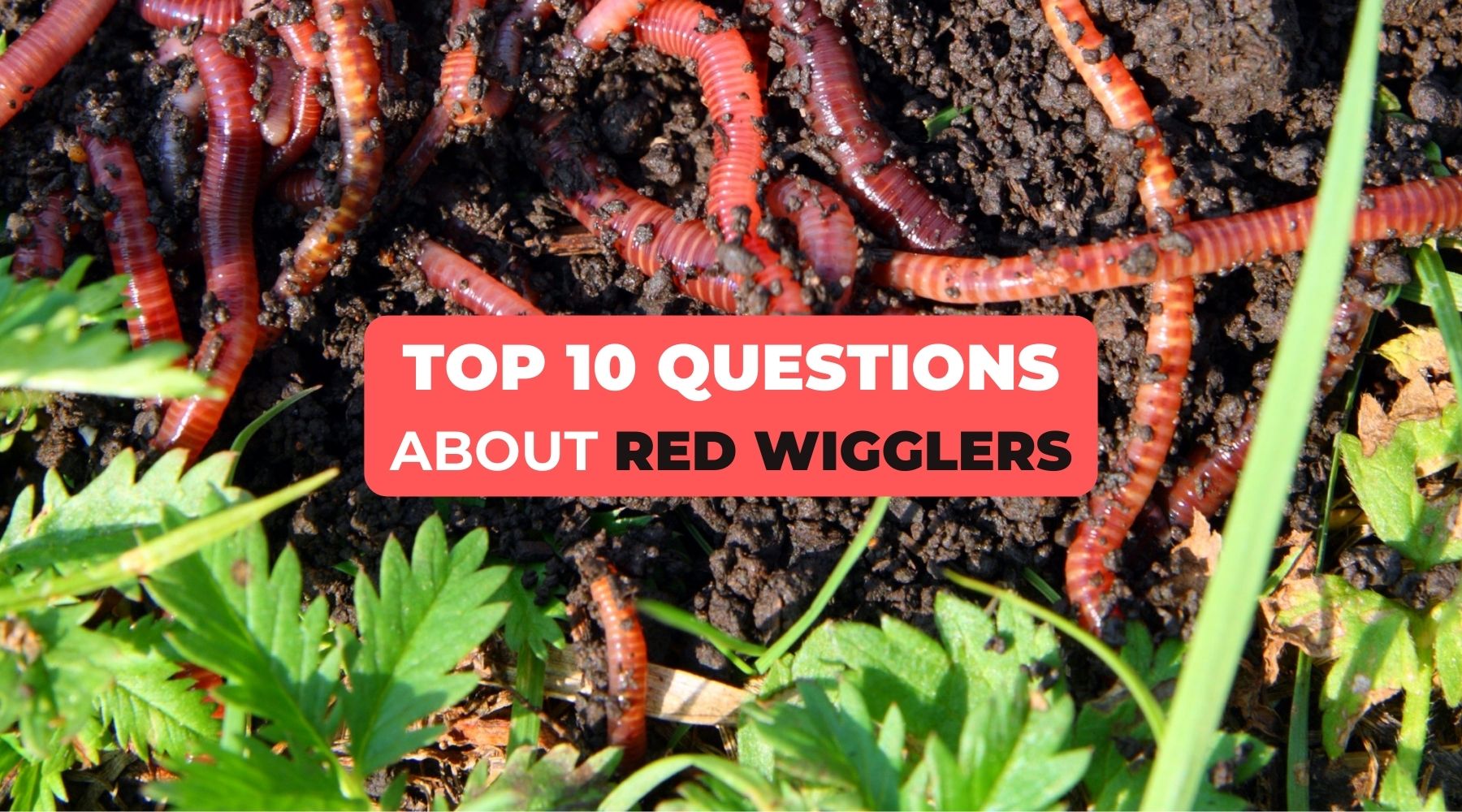See This Report about Red Wiggler Express
See This Report about Red Wiggler Express
Blog Article
The Ultimate Guide To Red Wiggler Express
Table of ContentsThe 9-Second Trick For Red Wiggler ExpressHow Red Wiggler Express can Save You Time, Stress, and Money.3 Easy Facts About Red Wiggler Express DescribedEverything about Red Wiggler ExpressThe 10-Minute Rule for Red Wiggler Express
And the growing Red Worm population? Also in the lot that was set up directly in front of backyard composters with existing Red Worm nests.
Lots of ranges, including Red Wigglers, European Nightcrawlers, and Lumbricus types were brought over from the European continent. Here's the thingNative or not - and as gifted as they are at being able to make it through in a wide-range of atmospheres and conditions -. Simply put, they are far a lot more most likely to hang around in any kind of active composting systems you have established up, than they are to stroll off and start destroying the environment.
Origins need oxygen for respiration and rely upon smooth air flow within the soil to flourish. When it rains, soil can end up being saturated with water, decreasing the oxygen available and hindering vitamins and mineral absorption. To preserve an optimum equilibrium, the dirt needs to allow water to drain pipes properly, leaving adequate space for air to sustain origin health
5 Easy Facts About Red Wiggler Express Explained

When it concerns worms for composting, what enters your mind? If you were an earthworm breeder, dealer, or plain garden enthusiast, then you 'd recognize that red wiggler worms are the ideal worms for vermicomposting. To find out more regarding these planet wonders, reviewed several of the red worm truths listed below.
(https://www.backpagedir.com/Red-Wiggler-Express_412718.html)Yet if they extend their bodies, you'll be able to see the red stripes on their skin. When elevating worms such as red wiggler worms, you should be able to know how to make great usage of them. When you're able to preserve and care for their environment well, and also feed them the best sort of organic wastes, then they'll be able to produce nutrient-packed and quality-rich worm spreadings for you (also called worm poop or compost).
The Of Red Wiggler Express
What do worms consume? Well, these red wriggler worms can be fed with kitchen scraps and garden wastes.

This behavior makes them well-suited for life in worm bins, compost heap, and various other restricted areas where organic waste is plentiful. Developing an optimum atmosphere for red wigglers needs a thoughtful strategy. Take into consideration the complying with vital elements to care for red wigglers in the house and guarantee their well-being: Utilize a bed linen of shredded paper or cardboard.

Include a handful of dry, shredded newspaper if the container comes to be also wet. Certainly, they do! Red wiggler worms duplicate by laying small, lemon-shaped eggs in safety cocoons. These cocoons are normally transferred in the bed linens and hatch into infant worms within a couple of weeks. The rapid recreation cycle of red wigglers is one of the reasons they are favored for vermicomposting.
Facts About Red Wiggler Express Revealed
Their adaptability and strength have made them a prominent selection for vermicomposting in various areas around the world. Yes! They can make it through from a variety of 32F to 90F. They are extremely adaptable pests. Consider safety measures for very severe temperatures such as: Insulating the worm container with layers of straw or leaves.

When looking after your red wigglers it is essential to bear in mind to: 1) K.I.S.S (Keep it Simple) and 2) every little thing in moderation. These policies put on feeding your compost worms, watering your worm bins, and practically every little thing else associated with taking care of them. Simply remember - you can constantly include more food later (however it's difficult to remove feed once it's been contributed to a container!).
Since I fed the red wigglers and compost worms also much, they weren't able to keep up and over time the older food went uneaten and created anaerobic problems that killed the worms. Right here're the 6 gold regulations for just how frequently and exactly how much to feed your worms: Rule # 1: Moderation!
The 20-Second Trick For Red Wiggler Express
Uneaten food will lead to anaerobic conditions that will certainly kill your real-time worms. Regulation # 6: After the very first feeding, feed the worms 1/3 to 1/2 of their weight.
Report this page